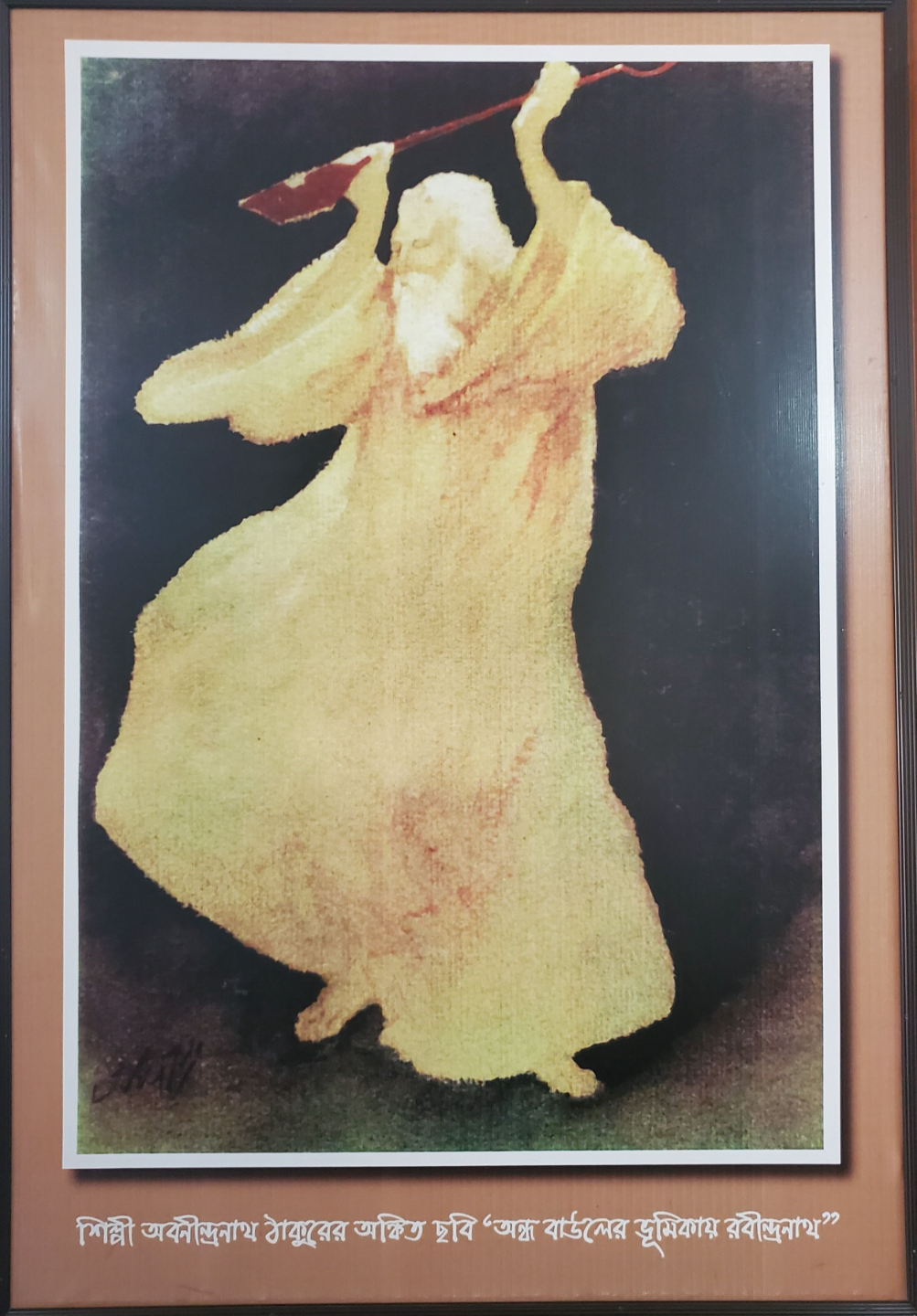
Course Description
For students of yoga studies and Indic cultures, this course offers an unparalleled opportunity to explore the vibrant, often-unseen intersection of musical tradition and profound spiritual practice in the two Bengals. Primarily rooted in Bangladesh and West Bengal, India—Bāul and Fakiri traditions today resonate across translocal or global contexts as well. Join us as we embark together on an adventure through the musical worlds of the enigmatic Bāuls and Fakirs, exploring their intrinsic connection with yoga by using a dynamic blend of historical, textual-lyrical, and ethnographic lenses.
In this course we dive into the nuanced meanings behind the terms Bāul and Fakir (Bengali: phakir), recognizing them not as rigid labels, but as two fluid categories among several others that encapsulate a rich tapestry of interconnected early modern and contemporary Tantric and esoteric movements. Discover how local yogins and pir-settlers masterfully harmonized Islamic symbolism with Hindu and Buddhist Tantric cosmologies, forging heterodox folk movements unparalleled in their distinctiveness. Far from developing in regional isolation, Bāul and Fakiri practitioners also flourished within the vast pan-South Asian traveling networks of sādhus, svāmins, and siddhas. To some extent are found among networks of practitioners at Sufi shrines (mājār) and yogic tumuli (samādhi) all across the subcontinent, and they continue to challenge the boundaries of sectarian Hinduism and Islam in the name of praising human beings (mānuṣ bhajan).
This course offers a unique opportunity to critically examine a topic that is often neglected within mainstream yoga studies, yet that nevertheless has been a crucial part of yoga's development at the vibrant intersections of performativity, philosophy, postcoloniality, and sensuality. Prepare for a truly immersive and dynamic experience: The lectures are richly supplemented by compelling musical performances, rare archival and ethnographic recordings, and meticulously translated textual and transcribed references that reflect your instructor's fifteen-year consistent study of Bāul and Fakiri music and practice. All materials are curated to be as accessible and understandable as possible. Simply bring your curiosity, your ears, and your eyes—and learn some of the most important theories and yogic practices behind the musical worlds of Bengali Bāuls and Fakirs.

Course Preview
Course Modules
Module 1 — Manifesting Sound (śabda prakāś): Music of Bengali Yoga Worlds
Module 2 — "Pure Practice" (śuddha sādhan): Bāuls and the Yogic Inheritance
Module 3 — Sufi Confluence: Fakirs and the Prophet of Light
Module 4 — Uniting with the Person of the Heart
Students Will Receive:
- 4 Pre-recorded video + audio lectures (90 min)
- 4 Pre-recorded Q&A sessions (90 min)
- 4 ACP Credits
- 12 Hours of CE credit with YA
- Course Syllabus (PDF)
- Weekly Readings (PDF)
- 4 Multiple Choice Quizzes
- Yogic Studies Certificate (PDF)
- Access to the private Community Forum
Dr. Keith Edward Cantú
Research Affiliate at the Center for the Study of World Religions, Harvard Divinity School
Dr. Keith Edward Cantú is Research Affiliate at the Center for the Study of World Religions, Harvard Divinity School, where he has also served as a Lecturer and Postdoctoral Fellow in South Asian Religious Traditions. His research especially focuses on South Asian yoga, tantra, and the interface between Sanskrit and Indic vernacular languages, especially Bengali and Tamil, and on connected histories in global esoteric currents. Keith’s first monograph Like a Tree Universally Spread: Sri Sabhapati Swami and Śivarājayoga was published in 2023 by Oxford University Press. He was also a co-editor of City of Mirrors: Songs of Lālan Sā̃i (OUP), an important volume of Bāul and Fakiri songs, and has authored numerous other articles and chapters on related topics. As a musician and fluent speaker/reader of Bangla, Keith has also spent fifteen years engaged in the deep study and memorization of Bāul and Fakiri songs and whenever possible continues to immerse himself in their performative contexts.
This course is eligible for 12 hours of Continued Education (CE) credits with Yoga Alliance

Stay Informed
Sign up for the Yogic Studies mailing list to find out first about upcoming courses, podcast episodes, promotions, events, and the latest research delivered straight to your inbox.


